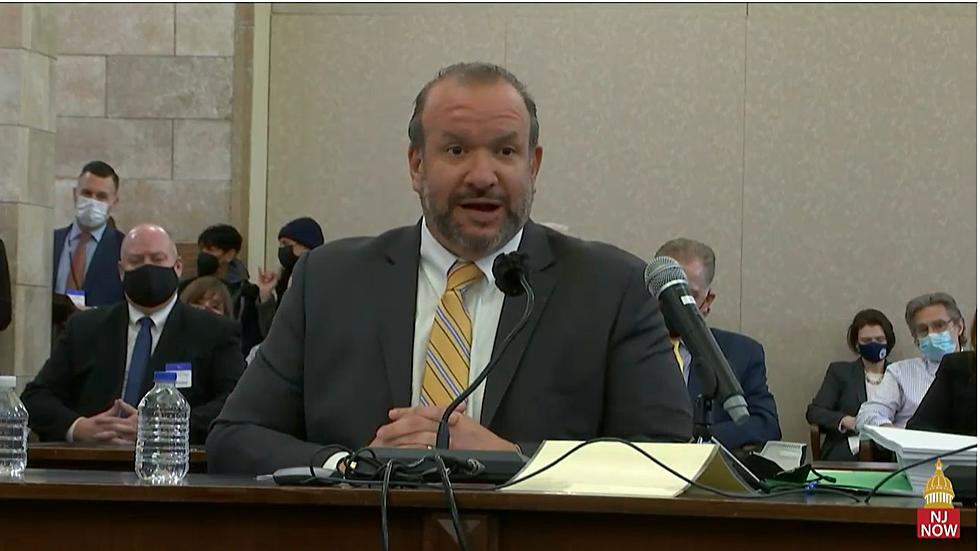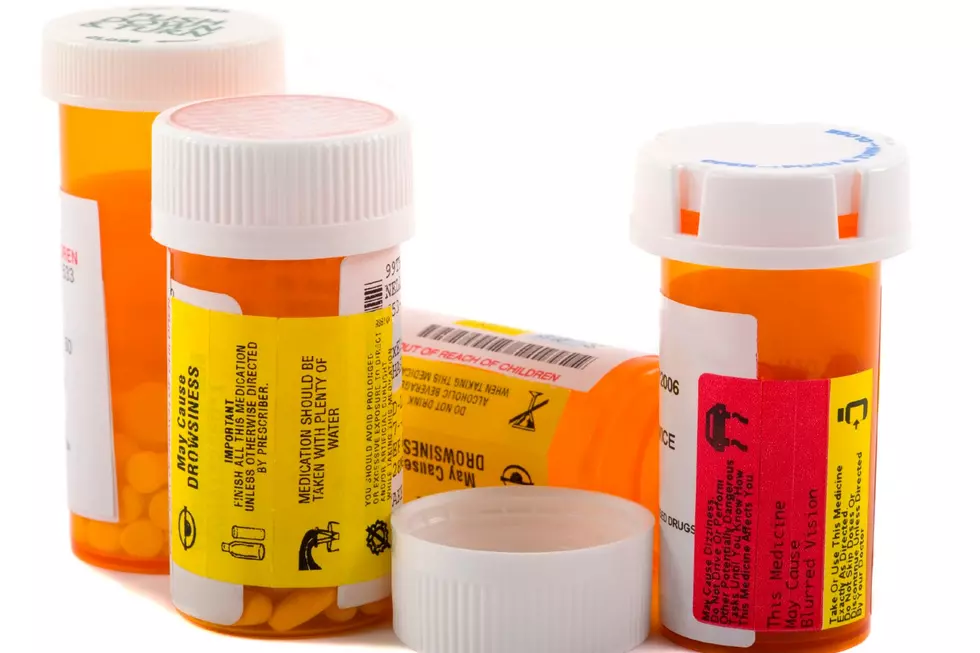
NJ may reduce penalties for knowingly spreading HIV/AIDS, STDs
TRENTON – A Senate committee Thursday endorsed a bill that would downgrade the penalties for people who knowingly spread sexually transmitted diseases such as HIV.
The charge would become a disorderly persons offense, rather than an indictable criminal offense. Currently it’s a third-degree crime for a person infected with AIDS or HIV to commit an act of sexual penetration without the informed consent of the other person. It’s a fourth-degree crime for someone with a venereal disease such as chancroid, gonorrhea, syphilis or herpes virus.
Moreover, a person would be guilty of the disorderly persons offense only if all of the following apply: the person knows he or she is diagnosed with an infectious or transmissible disease; acts with specific intent to transmit the infection; doesn’t take or attempt to take means to prevent the transmission; and transmits the infectious or communicable disease to another person.

Axel Torres Marrero, senior director of public policy and prevention for the Hyacinth AIDS Foundation, said the current law “is based on stigma and fear, rather than modern science” that enables people with HIV to take medication that reduced their viral load to levels that carry no risk of transmission.
“Rather than protect the public, New Jersey’s HIV criminalization statute harms public health by discouraging individuals from getting tested for HIV and reducing the likelihood of disclosure to sexual or needle-sharing partners,” Marrero said.
“If the statute did not exist, general criminal statutes such as reckless endangerment and attempted murder could be used to criminalize behavior that can potentially expose another individual to HIV or an STD,” he said.
John Juska of Ocean Grove said outdated laws are too great a risk to keep on the books. He has undetectable, untransmittable levels of HIV because of medication but still feels uncomfortable discussing his status.
“It does nothing to actually protect people. It just stigmatizes them,” Juska said. “This law forces those living with HIV into the shadows, discourages them from getting tested and treated. They live a life in fear. This law criminalizes somebody’s status, rather than their actions.”
“We cannot end HIV epidemic in New Jersey without modernizing our HIV statutes,” said Janice Adams-Jarrells of Newark.
The state Department of Health says 37,801 New Jersey residents had HIV or AIDS as of the end of 2018. The state ranks fourth in the nation for overall HIV cases among adults and adolescents and has the fifth highest rate of HIV among children.
Two of the three Republicans on the Senate health committee opposed the bill, S3707/A5673.
“So, let me understand this. You now want to downgrade it if I knowingly give someone AIDS?” Sen. Robert Singer, R-Ocean, said.
“Well, no, that’s not what it does,” said Sen. Joseph Vitale, D-Middlesex, the committee chairman and primary sponsor of the bill.

Sen. Fred Madden, D-Gloucester, voted to abstain, the only Democrat on the panel not to support the bill. He said the bill appears to have language that lets an HIV-infected person knowingly stop taking their medicine and not be potentially liable for spreading the disease.
“How much of a pass does somebody get?” Madden said.
Vitale said the section of the bill that concerned Madden will be reviewed for possible changes.
SHOCKING: Jersey Shore's Most Heinous Animal Crimes
More From Beach Radio










